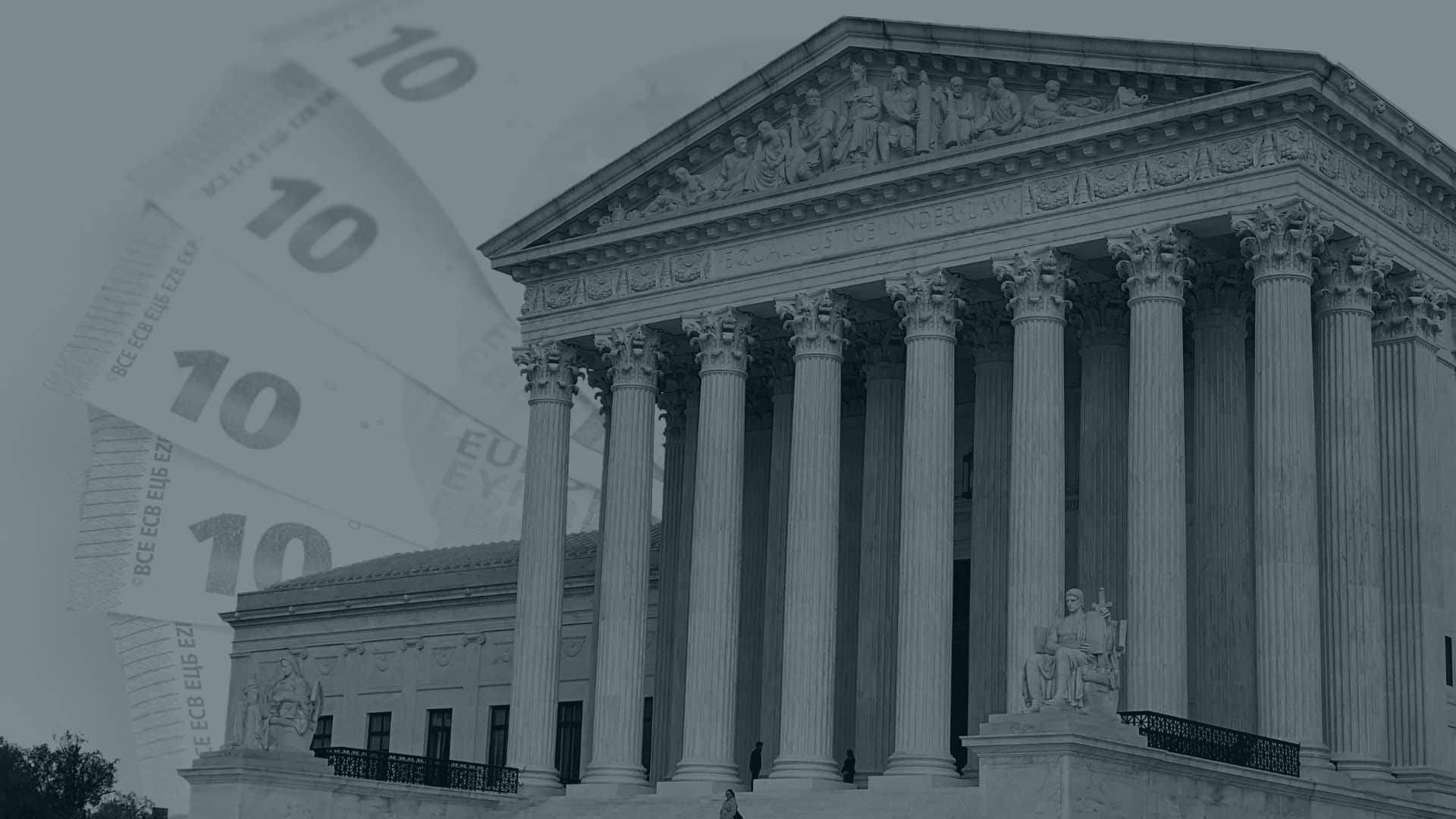Currently, twenty-nine states and one city have enacted State and Local Tax (SALT) Cap Workaround Laws (SCWLs) that enable the owners of pass-through entities (PTEs), such as Partnerships, S-Corporations, and LLCs, to minimize their federal tax liability by circumventing the $10,000 cap on state and local tax deductions (SALT Cap) for individuals.
The SALT Cap was part of the 2017 Tax Cut and Jobs Act (TCJA) that is effective for tax years 2018 through 2025. It primarily affects individuals who itemized their deductions and pay significant state taxes. The SALT Cap impacts high-income individuals that reside or do business in states that impose high taxes, such as California, Connecticut, and New York. Recently, states with lower rates of tax are also adopting SCWLs to benefit their high-income residents.
Even taxpayers that reside in states that have no income tax can recognize the federal tax benefit from the SCWLs if their business operates in states that impose income taxes.
The SCWLs reduce the SALT Cap’s effect on owners of PTEs. However, individuals earning wages generally cannot take advantage of the SCWLs. In short, this strategy converts a business owner’s personal state income taxes, which are attributable to the PTE, into deductible business taxes that escape the $10,000 cap on state and local tax deductions. The SCWLs, provide PTE businesses the same state tax deduction that C corporations have.
Federal Tax Impact of SCWL
In response to the Tax Cut and Jobs Act (TCJA) SALT Cap, several states adopted an elective PTE level tax as a workaround to provide a federal tax benefit to their residents without costing the states any tax revenue.
The benefit of the PTE paying the tax is that owners can re-characterize a non-deductible state income tax expense to a deductible tax expense for federal tax purposes. If these taxes were attributed to the owner, the SALT limitation would apply if the owner’s itemized state tax deductions for state taxes exceeded $10,000.
It should be noted that the IRS has approved the enactment of the SALT Cap Workarounds passed by the states. In November of 2020, the IRS announced in Notice 2020-75, that it will issue proposed regulations that confirm that the entity-level state taxes imposed on PTEs are not subject to the $10,000 SALT Cap limit to their owners.
Federal Tax Impact Without SCWL
Without the enactment of SCWLs, taxes paid by PTEs are treated as paid on behalf of their owners (partners and shareholders) and must be separately stated on their individual tax returns. Internal Revenue Code §164(b)(2) and §1366(a)(1), respectively require that a partner or shareholder of an S corporation take into account separately their pro-rata share of taxes paid by the partnership or S corporation that is included in their share of K-1 income. The deductibility of the tax is determined at the partner or shareholder level. These taxes include nonresident tax withholding and composite tax payments.
State Tax Impact
While each state’s SCWL may vary slightly, they generally permit the owners of the PTE to take a credit for the taxes paid by the entity to avoid double taxation. However, PTE owners that reside in states that did not enact a SALT Cap Workaround, may not receive a credit for the taxes paid by the PTE in another state. As a result, there may be a disparity among the owners of a PTE with respect to receiving a state benefit.
Conclusion
The potential benefit of the SALT Cap Workaround election must be evaluated on a case-by-case basis. There is an added complexity to this analysis where the PTE conducts business in multiple states and has owners that reside in different states as well. Since only twenty-eight states (see below for a list*) have enacted SCWLs, it is possible that there will be a difference between the overall benefit to each of the owners based on whether their state allows them a credit or deduction for taxes paid by the PTE. As noted above, each state may have nuances to the SCWL that must be considered. For example, Wisconsin imposes a higher rate of tax on a PTE than an individual.
RVG & Company
If you would like to discuss the potential impact that the SALT Cap Work Around may have on your business, please call RVG & Company at 954.233.1767.
*Jurisdictions that have adopted SCWLs: AL, AK, AZ, CA, CO, CT, GA, ID, IL, KA, LA, MD, MA, MI, MN,MO, MS, NJ, NY, New York City, NM, NC, OH, OK, OR, SC, RI, UT, VA, and WI.


